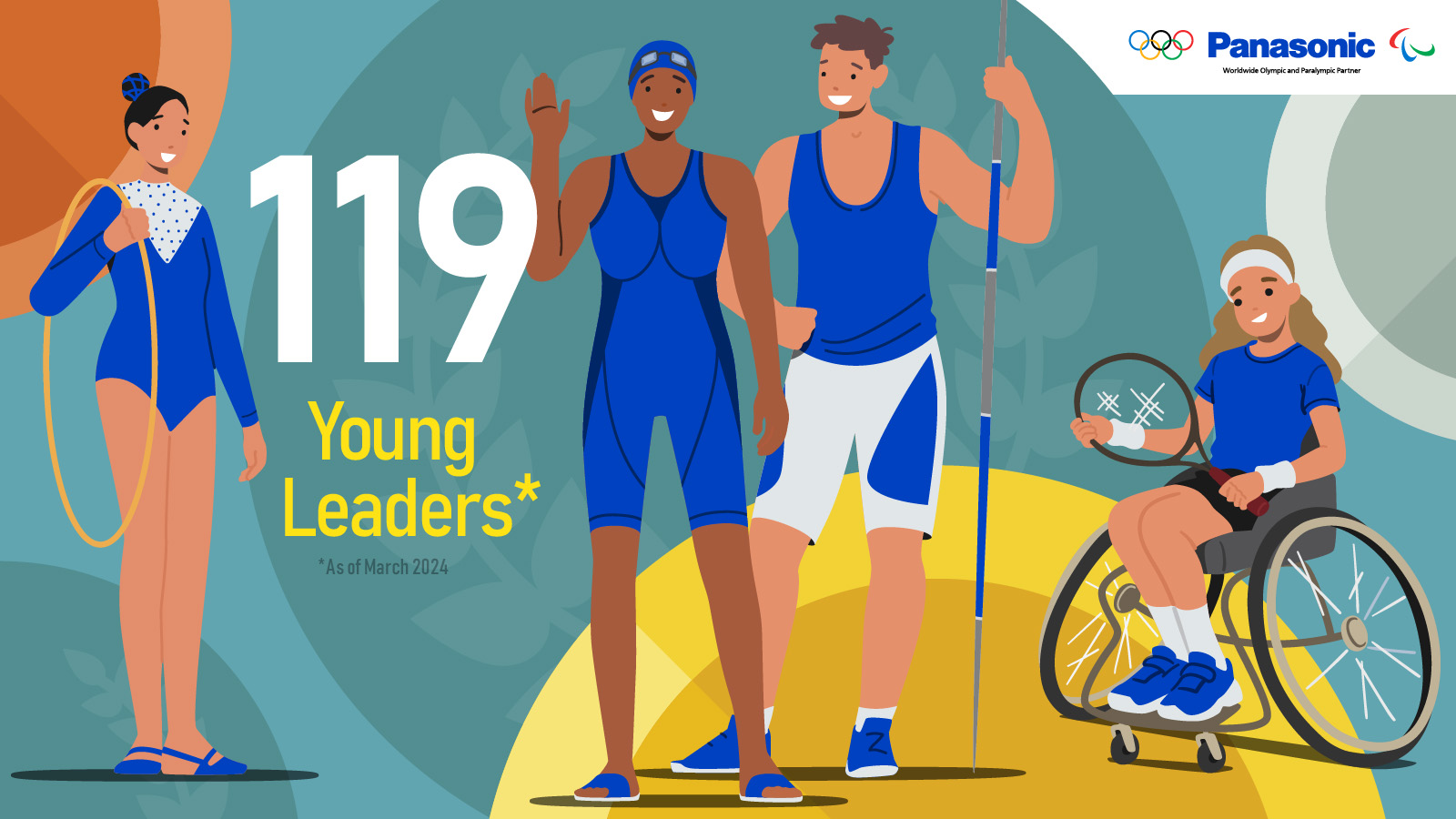
Jul 26, 2024
- Sponsorship & Events
- Feature Story
- Olympics Paralympics
- Educational Solution
- Athletes
- Diversity Equity & Inclusion (DEI)
Sep 10, 2014
Sponsorship & Events / Blog Posts
South America's one and only solar car race, the "Carrera Solar Atacama 2014," will be held in Northern Chile's Atacama Desert for 5 days from November 13 to 17. The Tokai University Solar Car Team has just announced that it will be entering this race. Panasonic supports this team with its innovative energy solutions, including the "HIT(R)" solar cells which boast top-class power generation efficiency, and large-capacity lithium-ion batteries.
The "Carrera Solar Atacama 2014" is South America's one and only solar car race. The tough 1,200-km, 5-day race takes participants from sea level to 3,400 m above sea level. The third edition of the race, following races in 2011 and 2012, will welcome 26 teams, including the Tokai University Solar Car Team, from 7 countries.
The HIT solar cells that Panasonic provides have a unique hybrid configuration with a crystalline silicon substrate surrounded by ultrathin amorphous silicon layers. Compared to ordinary crystalline silicon-based solar cells, Panasonic's HIT solar cells generate excellent power at high temperatures and deliver high energy output per unit of area. This makes Panasonic's HIT solar cells ideal for solar cars which compete under the scorching sun. The HIT solar cells for the Tokai University team are purpose-built for the solar car race, using the same solar cells - the main component that converts the sunlight into electricity - that are mass-produced for the residential market.
The rechargeable batteries Panasonic is providing are the cylindrical 18650 type (18 mm in diameter x 65 mm in height) high-capacity lithium-ion battery cells which use the company's proprietary nickel-based positive electrode. The high-capacity and lightweight battery cells store excess power generated by the HIT solar cells so that the car is able to continue running even on overcast days.
By providing a combination of energy-creation and energy-storage solutions with its high-capacity lithium-ion batteries and HIT solar cells that boast world-class conversion efficiency for a mass-produced solar cell, Panasonic will support the Tokai University team's challenge in the solar car race that will be run under harsh weather conditions.
*"HIT(R)" is a registered trademark of the Panasonic Group.
Highlights from World Solar Challenge 2013
Overcoming obstacles such as the harsh weather conditions and midst some of its competitors retiring midway in the race, the Tokai University solar car team was able to stay strong and steady crossing the finish line in Adelaide at about 1:22 pm (Australian Central Standard Time) on October 10, completing a total distance of 3,021 km powered only by solar energy. More details...
Achievements over the past 5 years
2009 - World Solar Challenge 2009 (Australia) First Place
2010 - South African Solar Challenge 2010 (South Africa) First Place
2011 - World Solar Challenge 2011 (Australia) First Place
2012 - Sasol Solar Challenge South Africa 2012 (South Africa) First Place
2013 - World Solar Challenge 2013 (Australia) Second Place
The Tokai University Solar Car Team that Panasonic supports is one of the world's leading solar car teams.
Tokai University Solar Car Team (Japanese)
YouTube
The content in this website is accurate at the time of publication but may be subject to change without notice.
Please note therefore that these documents may not always contain the most up-to-date information.
Please note that German, French and Chinese versions are machine translations, so the quality and accuracy may vary.